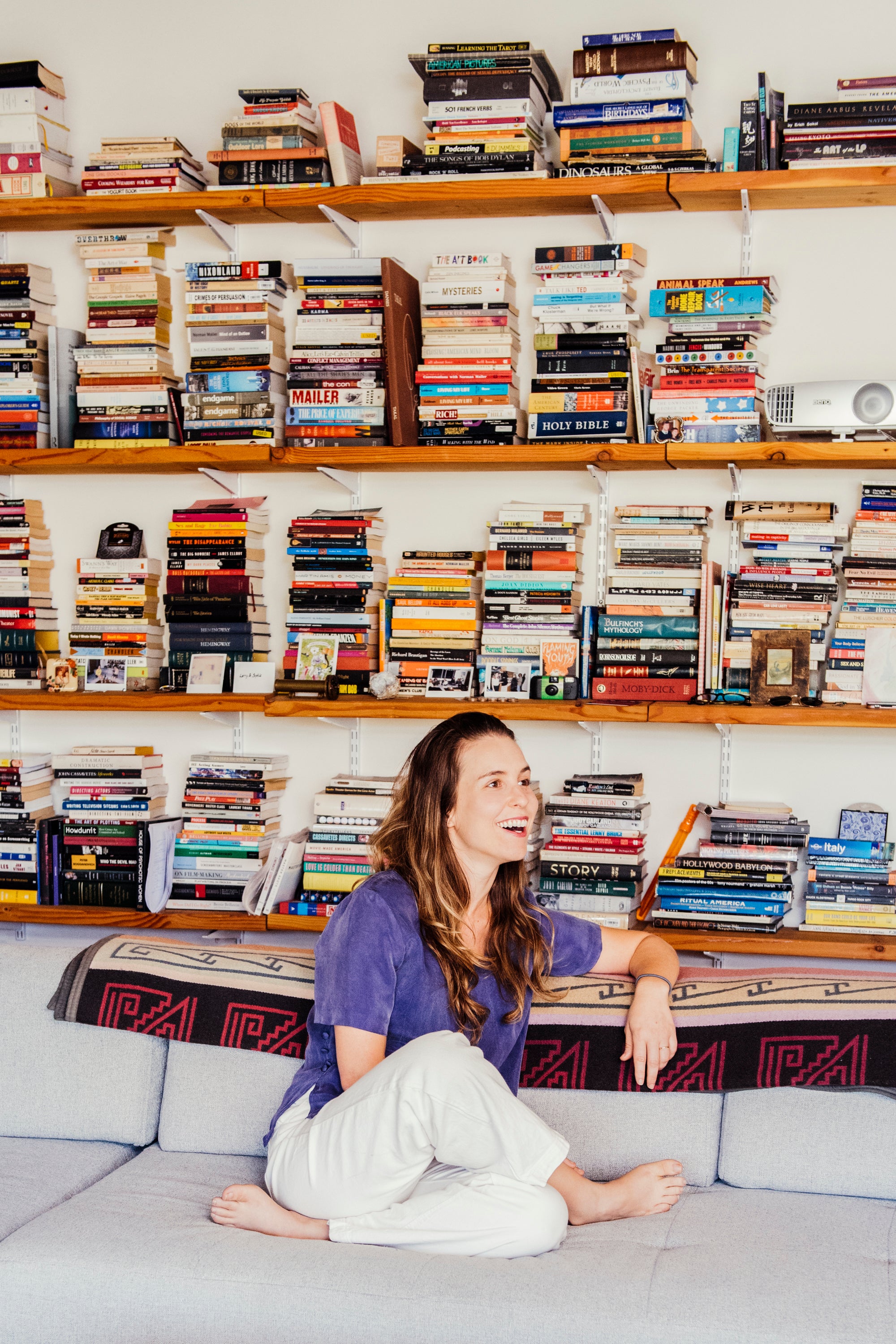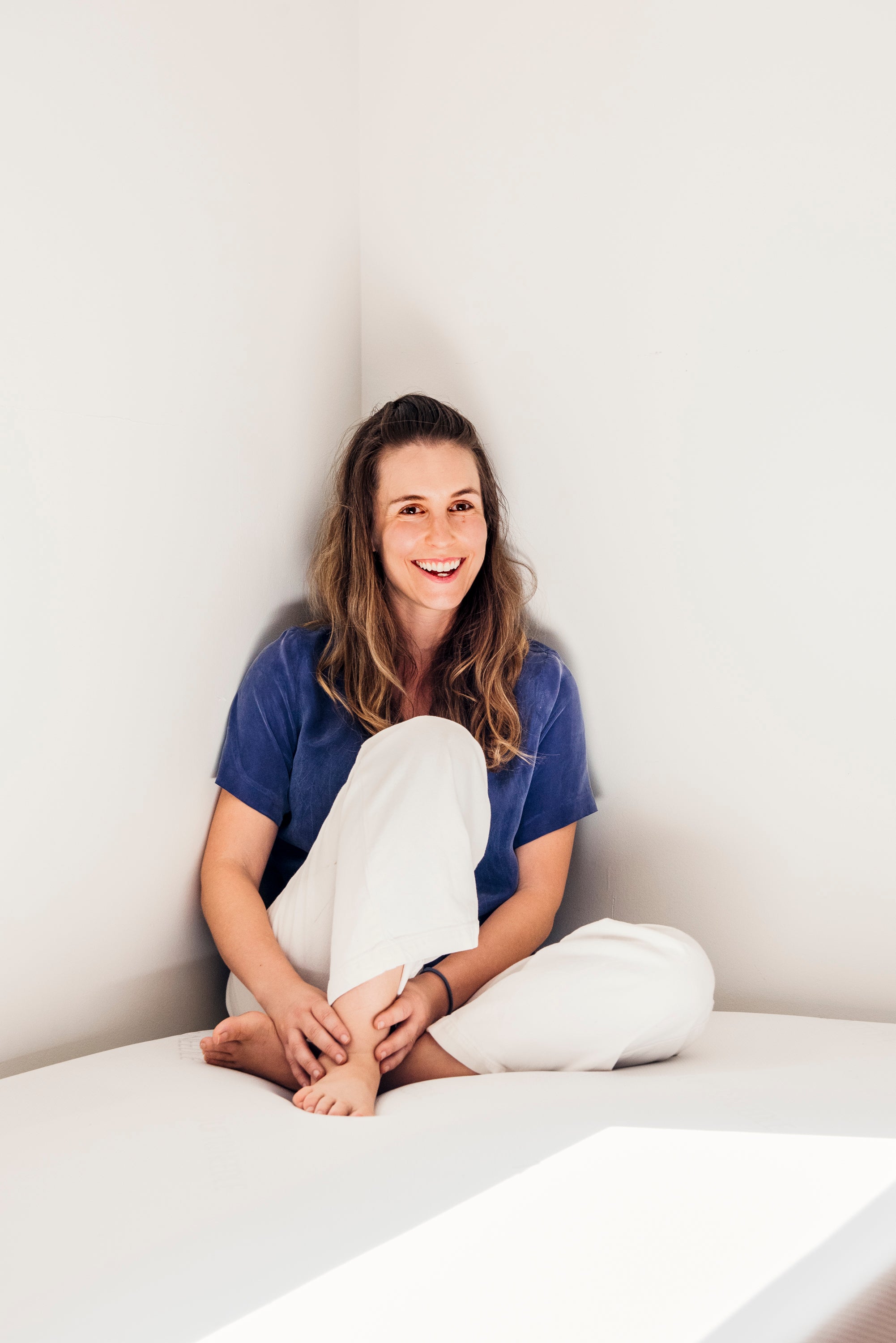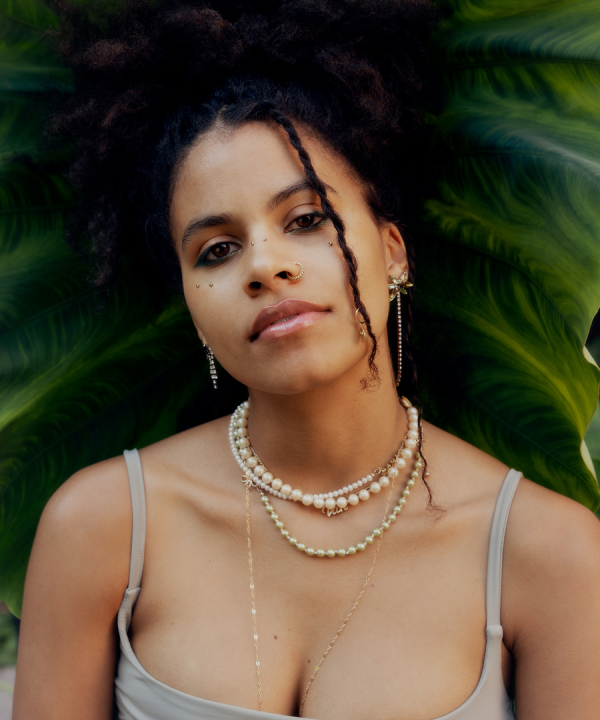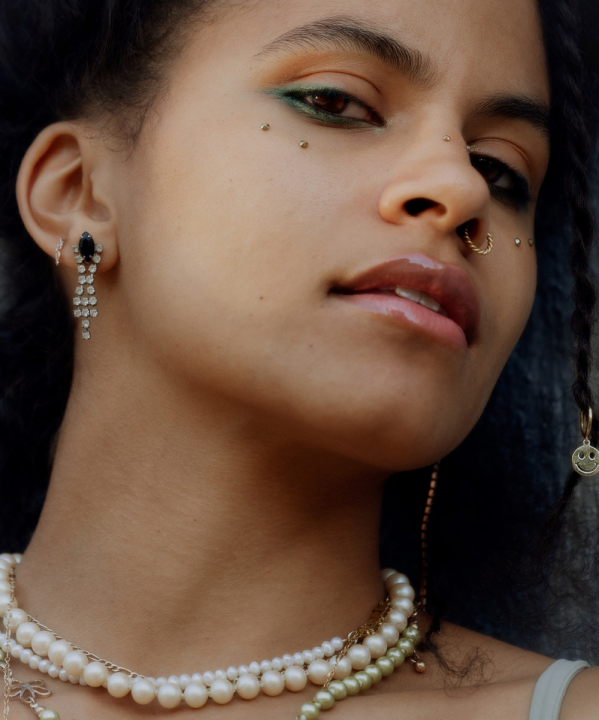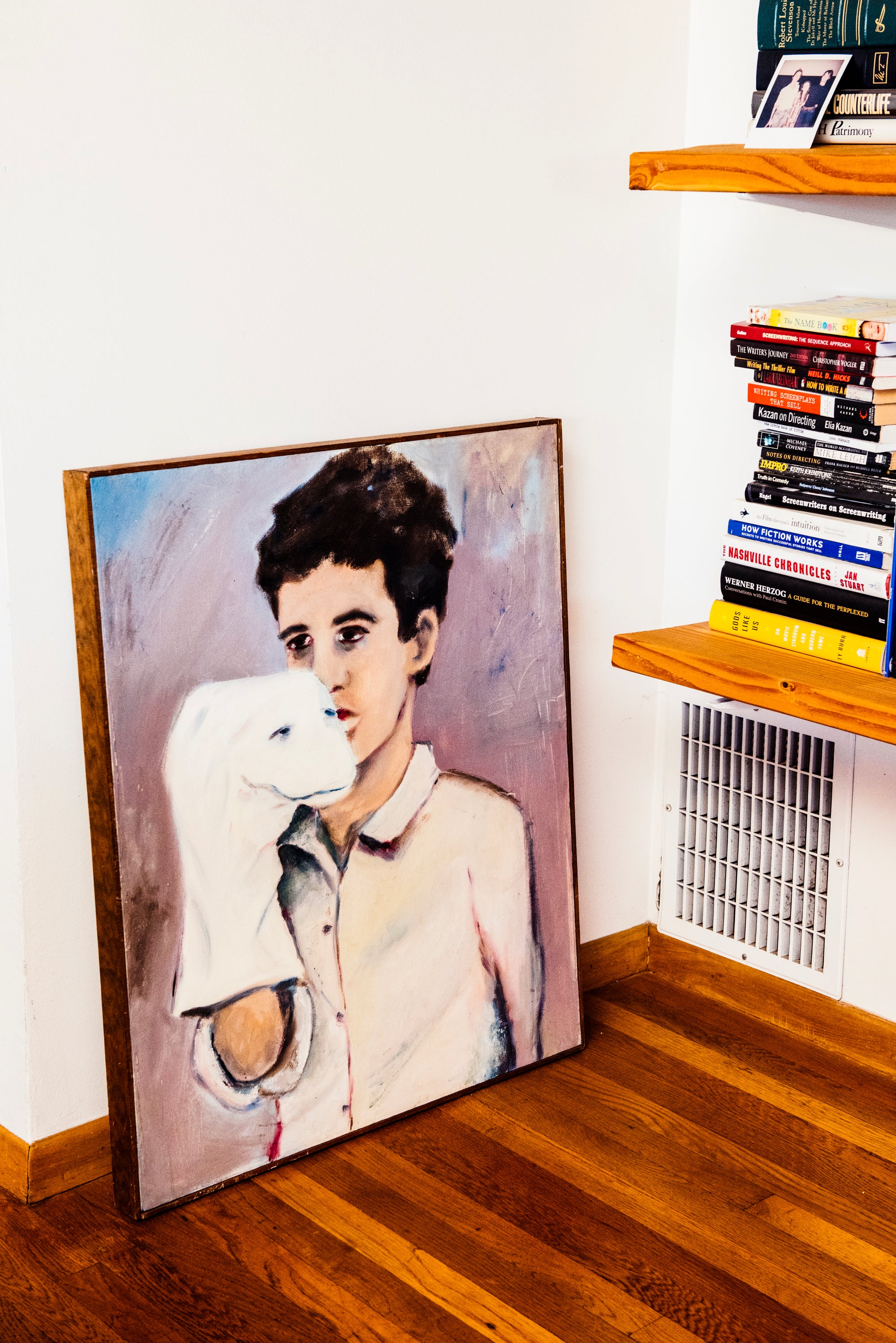
The director on Donald Trump, the dynamics of female friendship, and why edibles freak her out.
AS TOLD TO GOSSAMER
I'm a filmmaker—a director. I make independent films.
I never know how to describe my work because all my movies are different, but I like to make movies about the issues that women encounter that they are maybe too embarrassed or ashamed to talk about. I know not all women have the same experience and that there are other elements besides gender in people's lives, but if you’re a woman, I hope my movies resonate with you and open up a dialogue with yourself or with your friends or the people you’re in a relationship with.
I started off wanting to be an actor. I met my now-husband when he was my T.A. in college and he wanted to be a director, so I acted in some of his movies. They were very small kinda mumblecore-ish movies. It was all very community-oriented filmmaking where everyone was helping each other and everyone was involved, so it wasn't like you were just an actor.
I produced and edited the first feature we made together. Going through that process made me feel like it could be fun to direct a movie on my own. I really enjoyed doing that. I acted in my first movie, but I didn’t in my second one and it was so much more fun. Like, the best time of my life. So that's when I kind of started to consider myself more of a director. Prior to that I had been like, “I'm an actor, who sometimes directs,” but now I definitely consider myself more of a director.

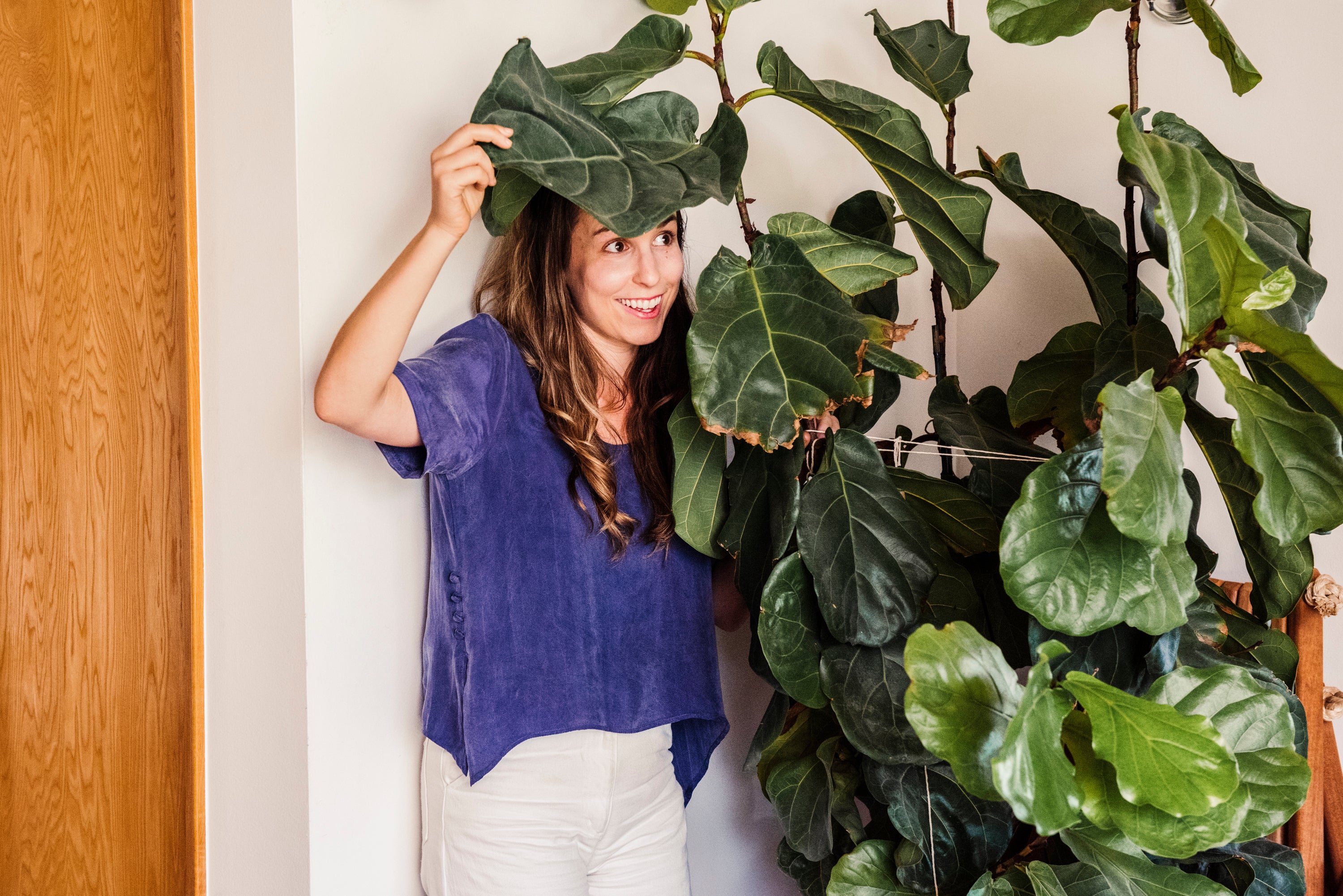
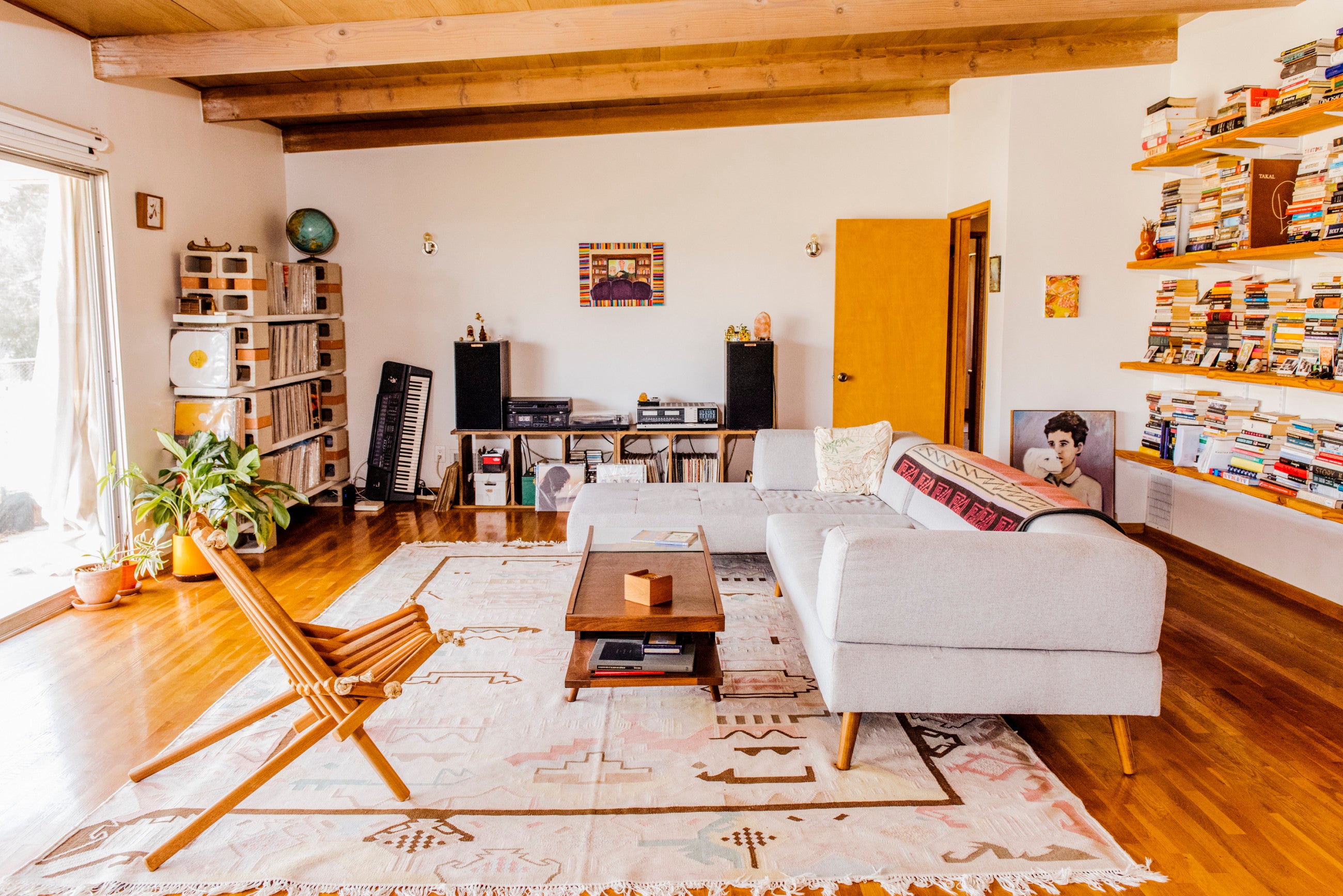
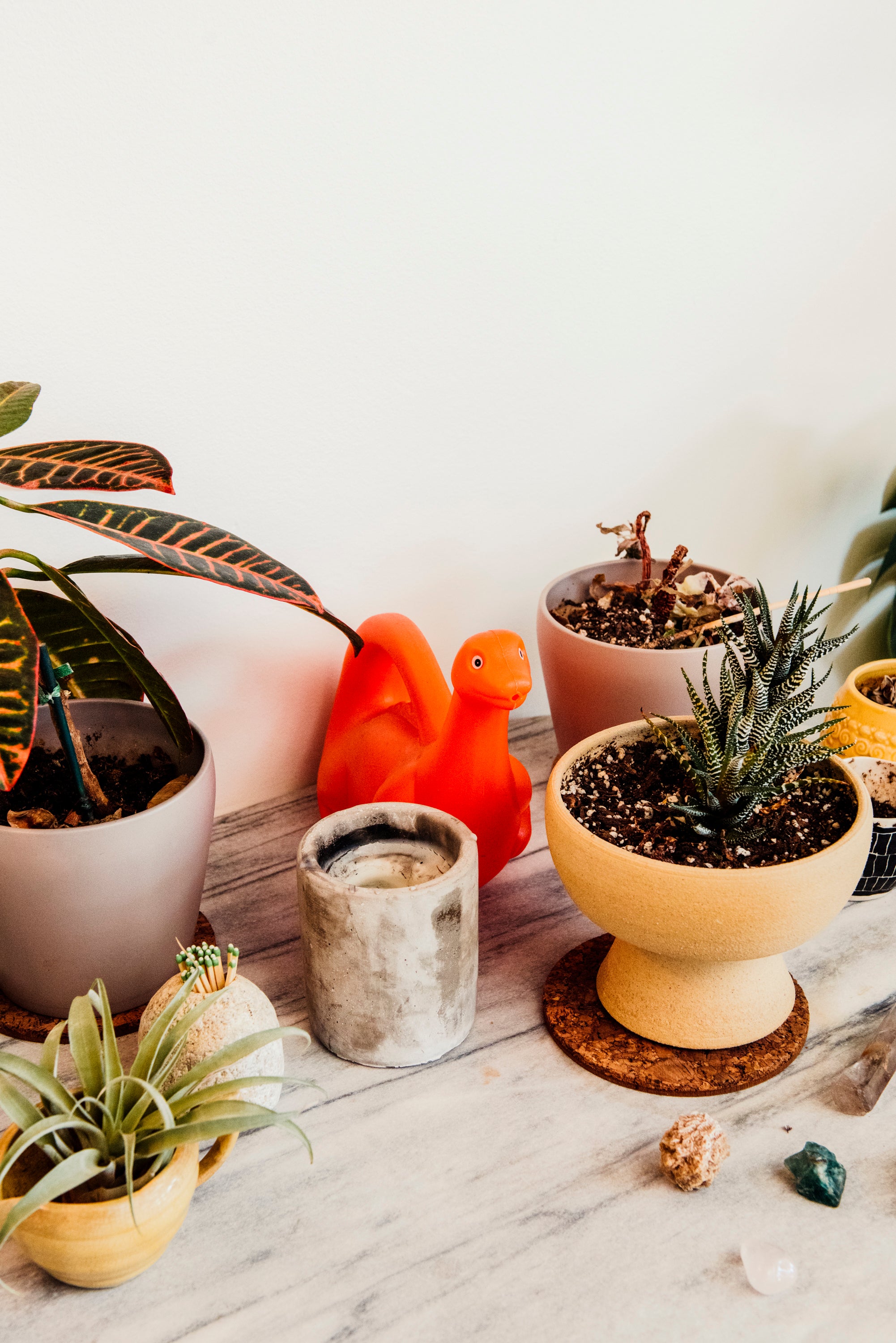
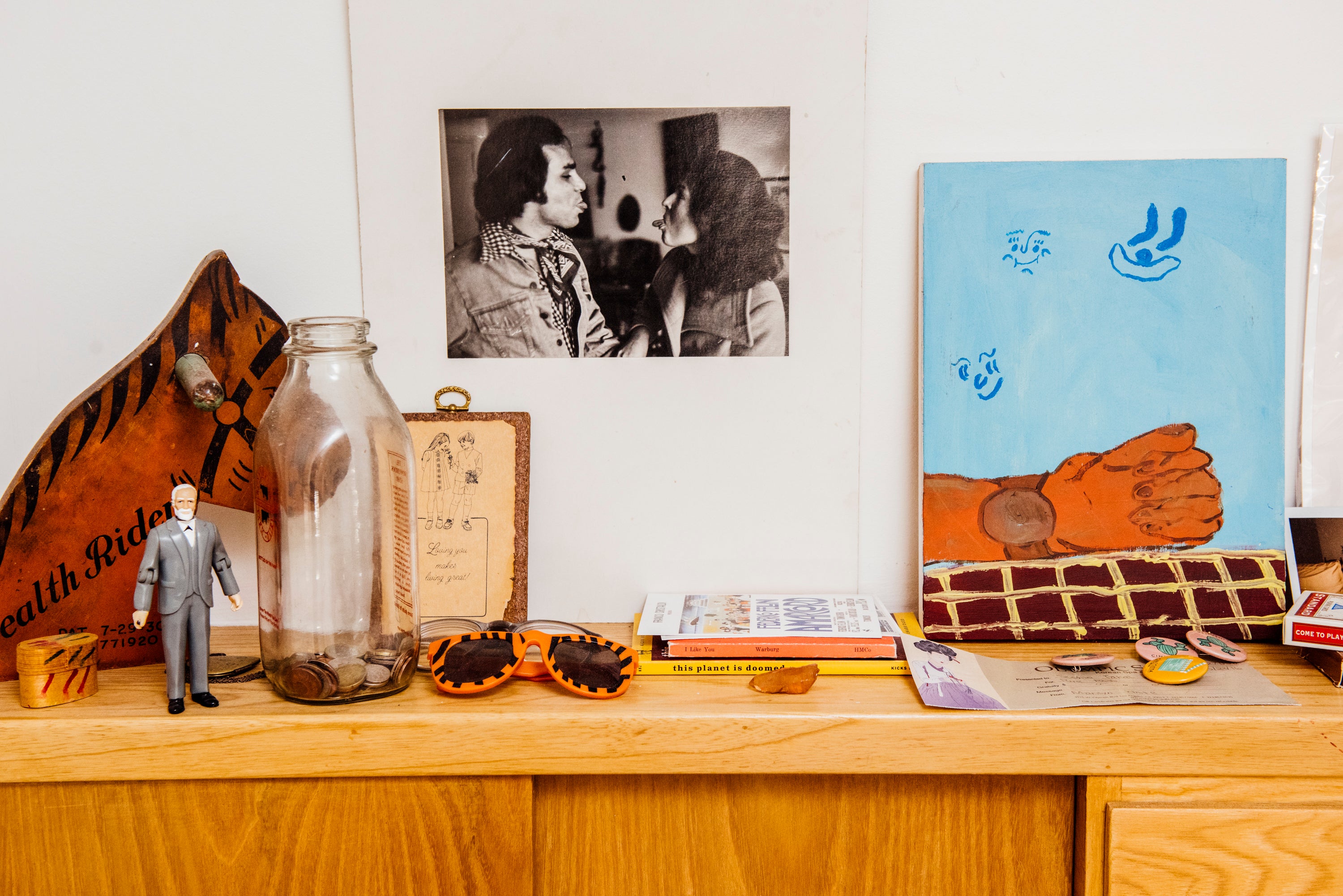
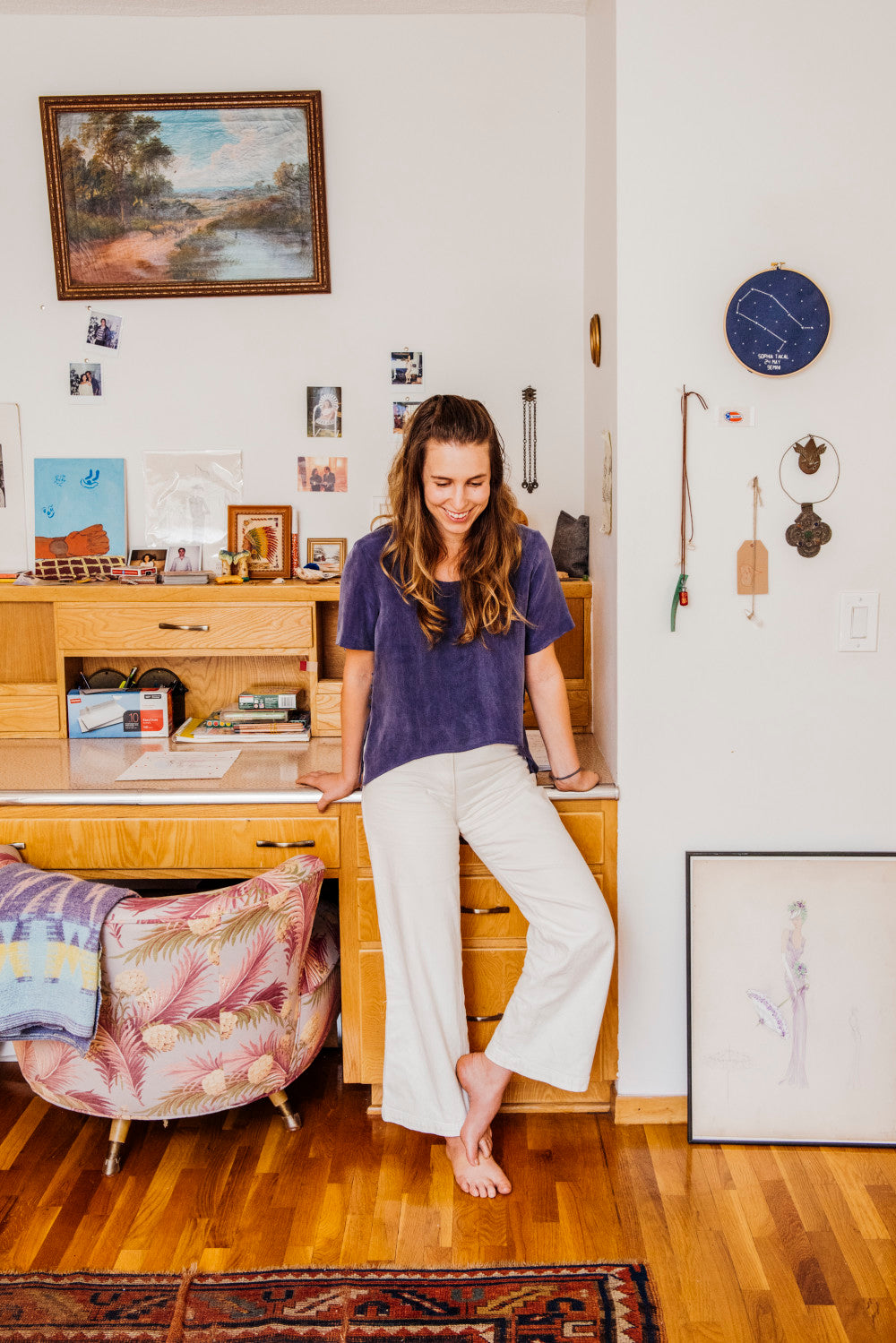
I get so freaked out on edibles.
